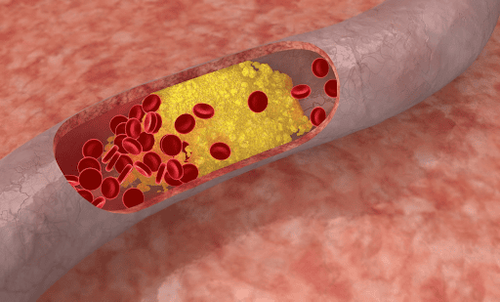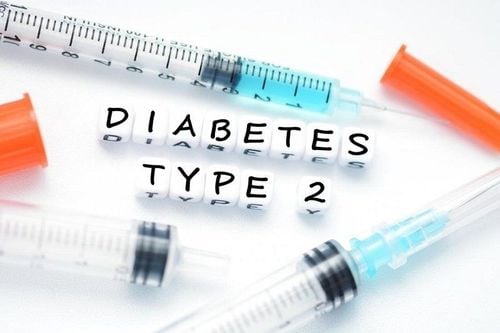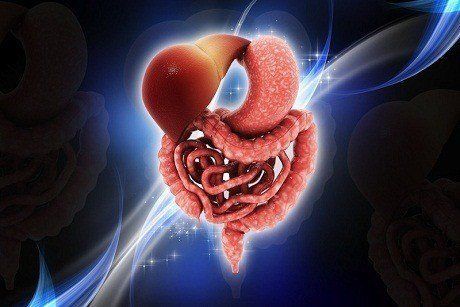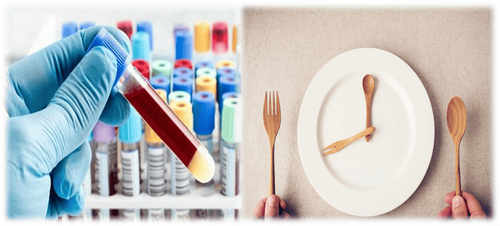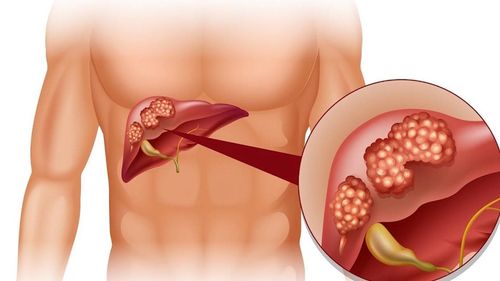This is an automatically translated article.
The article was professionally consulted by Dr. Luong Vo Quang Dang, Internal Cardiologist - Head of Medical Examination & Internal Medicine, Vinmec Phu Quoc International General Hospital.A general blood test is part of a routine check-up or medical check-up. General blood tests can help detect some conditions (in the preclinical stage) before they show symptoms. Through a comprehensive blood test, some diseases can be prevented from happening, or treated at a very early stage.
However, the reality is that not all diseases will be detected by a general blood test. And not every disease that is detected early by a general blood test can be completely treated. With the results of a comprehensive blood test, combined with health information from your medical history and physical examination, your doctor will help you identify current health problems, make corrections or treat them. treatment, and measures to prevent and protect health in the future.
1. What does a general blood test include?
To conduct a general blood test, you only need to go to a medical facility to get a blood sample of 4-8 milliliters (mL) from a vein. The blood sample is then brought to a specialized laboratory. General blood tests include:A complete blood count (Blood Cell Analysis): to help you find out if you have anemia; the amount of blood cells: red blood cells, white blood cells, platelets in the blood is stable; What is the composition of white blood cells, is there blood infection, blood cancer or not? Blood sugar (Glucose) test: check if your blood sugar is above normal, determine if you have diabetes? If your fasting blood sugar (having fasted for more than 8 hours) is higher than 126 milligrams per deciliter (mg/dl), you may have diabetes. Your doctor will have you check your fasting blood sugar again on another day, or use more specialized tests to diagnose whether you have diabetes. Test of liver enzymes (AST/ALT/GGT): The concentration of these substances in the blood when elevated more than 2 times the normal threshold helps determine the status of liver cell damage. Liver cell damage can have many causes. These tests do not help assess liver function. Your doctor will help you learn the cause of liver cell damage and specific remedies. Blood lipid test (Cholesterol, HDL-C, LDL-C and Triglyceride): Having a higher than normal blood fat increases your risk of cardiovascular diseases later in life, such as atherosclerosis, stroke, and heart attack. heart muscle. Each blood fat value has a different meaning, your doctor will help you answer and come up with a plan to improve these indicators, thereby reducing the risk of cardiovascular disease later on. Kidney function test (Urea, Creatinine): The kidney is the organ that regulates and excretes excess substances through urine. Urea and Creatinine are also substances that are eliminated by the kidneys in the urine. High levels of these two substances in the blood indicate impaired renal excretory function. Your doctor will advise and help you take the next steps to find the cause or kidney disease (if any).
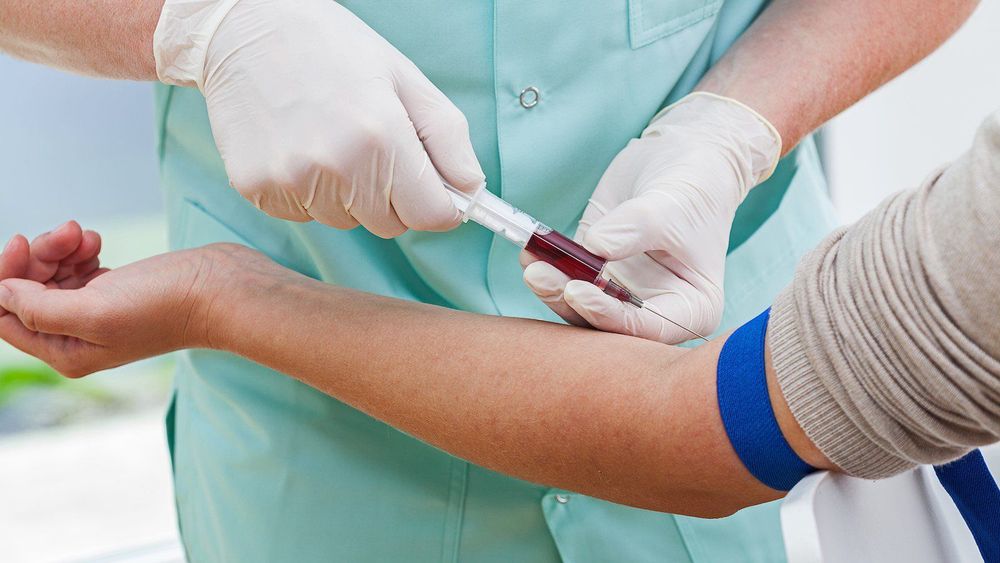
2. What disease can a general blood test know?
The above basic tests will help you understand the preliminary health situation, with the goal of screening. When the test results have abnormal problems, you will be explained by the doctor and ordered to do more specialized tests to come to an accurate conclusion such as: other specialized blood tests, ultrasound, X-ray, CT scan, magnetic resonance imaging ...Thus, a general blood test will help detect basic diseases: diabetes, hyperlipidemia, anemia, hyperlipidemia. liver enzymes, increased uric acid, impaired kidney function..., to more complicated conditions or diseases such as: hemoconcentration, thrombocytopenia, immunosuppression, hepatitis, blood infection, cancer blood cancer, myeloproliferative disorders, parasitic infections, allergic diseases, hereditary anemia...
3. Notes on general blood test?
Before the general blood test, do you need to fast? When is the best time to get blood tested? This is a question many people ask when there is a need for a general blood test.
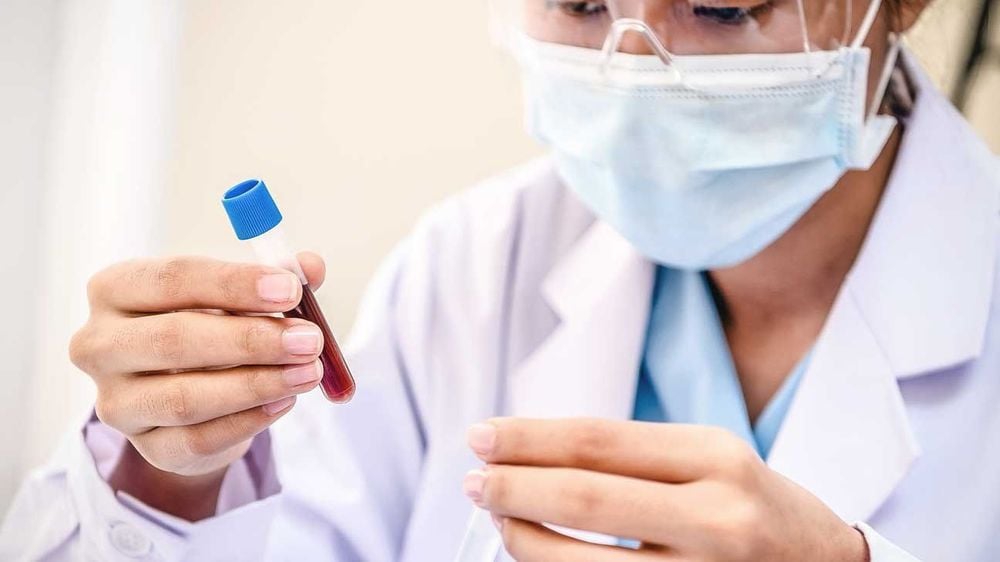
Other blood tests are mostly unaffected by eating.
To ensure the least biased results when performing a general blood test, please follow these instructions:
Fasting before blood test: Within 8-12 hours before the test. For the test, you should not eat or drink soft drinks, fruit juices, carbonated drinks, especially alcohol, beer, coffee... Substances in food can be converted into glucose, causing results. Inaccurate tests, especially tests related to cardiovascular, blood sugar, blood fat. That's why a general blood test is usually done in the morning. After taking the blood sample, you can eat and drink normally. Do not smoke, do not use stimulants before the test. You can drink filtered water normally to make sure the body is not dehydrated. Filtered water does not affect test results. People with diabetes, high blood pressure, heart disease... can take medicine before the test time. However, to ensure that the test results are not biased, it is advisable to consult your doctor.
4. How often should proactive blood tests be done?

According to medical experts, in general, every healthy person needs to have regular check-ups every 6-12 months. Depending on the individual's medical condition, doctors may schedule more frequent or less frequent checkups.
General blood tests help you listen to your body, read your body's general health status, so that you can make timely adjustments to your nutrition and exercise regimen.
5. Is the general blood test easy to do?
The cost of a general blood test depends on the type of test and each medical facility. This is a basic test, you can easily do it at most hospitals, as well as private medical facilities, even using a blood draw and return service - home consultation .Nowadays, it is very common to have irregular activities and unhealthy eating habits. Meals containing too much fat, starch, and sugar make diseases related to blood sugar and blood lipids more common and younger. The unintentional use of food containing toxic substances, environmental pollution affects kidney function, liver damage. Work pressure, stress is also one of the causes that adversely affect human health.
Actively checking your health periodically, including a general blood test, is an effective method to help you protect the health of yourself and your family. Early detection of disease makes treatment and prevention easier and more effective.
Please dial HOTLINE for more information or register for an appointment HERE. Download MyVinmec app to make appointments faster and to manage your bookings easily.





